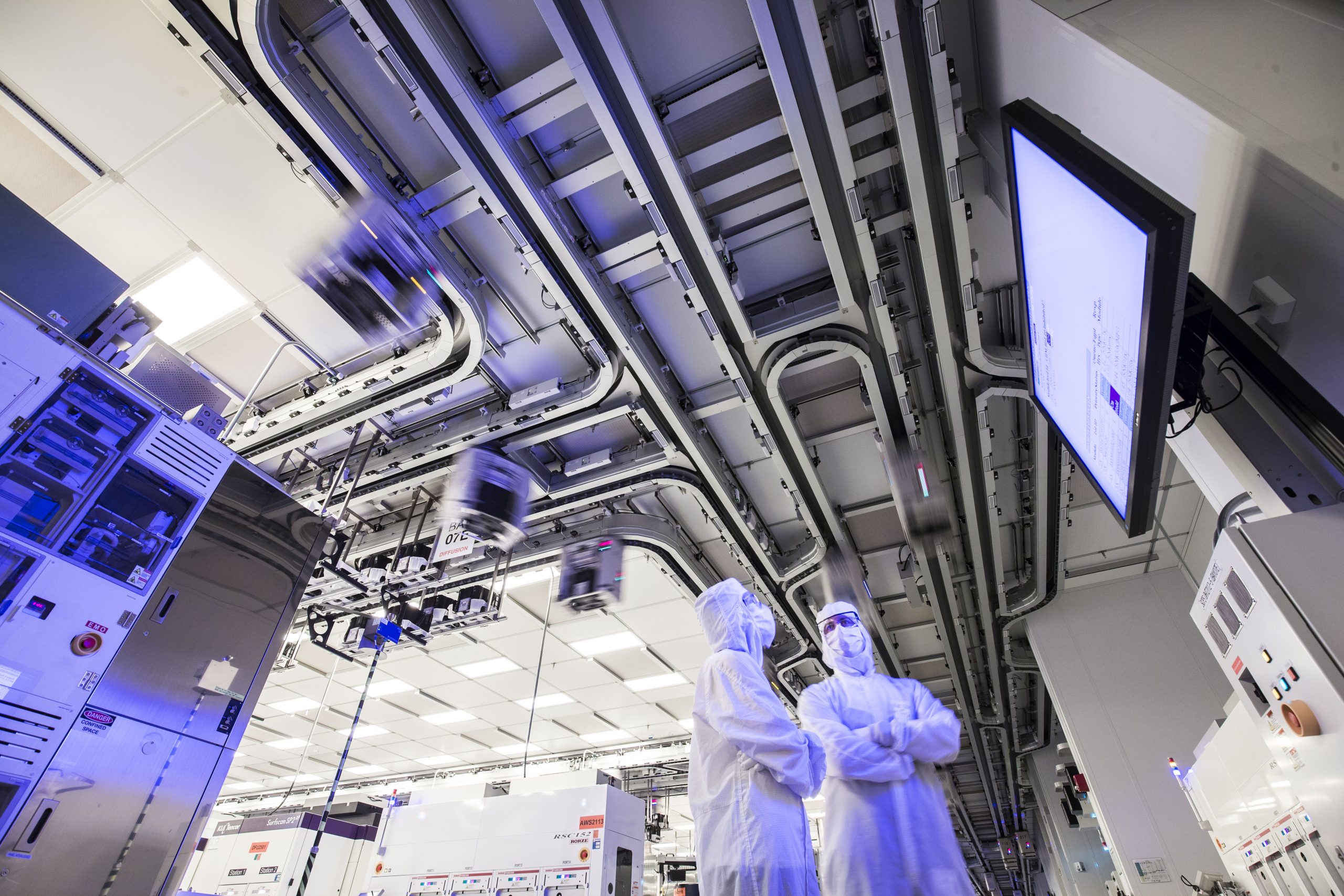China Chip Maker SMIC Plans £6.4bn Plant In Shanghai

China’s largest chipmaker SMIC plans £6.4bn plant in Shanghai Free Trade Zone to focus on mature-technology semiconductors amidst worldwide chip shortage
China’s Semiconductor Manufacturing International Corp. (SMIC) said it plans to build a $8.87 billion (£6.4bn) chip production plant in a joint venture with the Shanghai city government, amidst a worldwide chip shortage and efforts by the country to become more self-sufficient in semiconductor production.
SMIC said in a regulatory filing the plant is to be built in a joint venture with Shanghai’s Lin-Gang Free Trade Zone Administration.
The factory is to specialise in mature chip technologies using 28-nanometre manufacturing processes and higher, with a target of producing 100,000 12-inch wafers per month.
The joint venture is to have a registered capital of $5.5bn, with the remaining funds to be raised through third-party investors, according to the filing.

Chip shortage
Tesla also operates a plant in the Shanghai free trade zone.
The chip shortage, caused by unpredictable market conditions during the Covid-19 pandemic, has forced car manufacturers to slow production while also affecting the availability and prices of computer equipment and consumer electronics.
Other chip makers, including Taiwan’s TSMC, South Korea’s Samsung Electronics, US-based GlobalFoundries and Intel have also announced investment plans as they aim to bolster production.
Intel is also exploring a deal to buy GlobalFoundries, a move that would further consolidate the industry.
The plans of SMIC, China’s biggest chip maker, to move into the manufacture of cutting-edge chips have been interrupted by US sanctions introduced last year that restrict its access to US technologies and suppliers.
Restrictions
SMIC said earlier this year on an earnings call that it hasn’t been able to fully address increased demand for chips due to the restrictions.
But automobile makers rely on the more mature technologies being targeted by SMIC. Mainland China is the second-largest producer of mature chips of 28 nanometres and higher, after Taiwan, according to a report by Boston Consulting Group and the Semiconductor Industry Association.
Last week carmaker Stellantis, which makes brands including Alfa Romeo, Chrysler, Citroën, Dodge, Fiat, Jeep, Opel, Peugeot and Vauxhall, said it would extend production halts at a number of its plants in Europe.
General Motors and Ford also said last week they would further reduce production at some facilities, while Toyota said it would cut worldwide production by 40 percent in September.